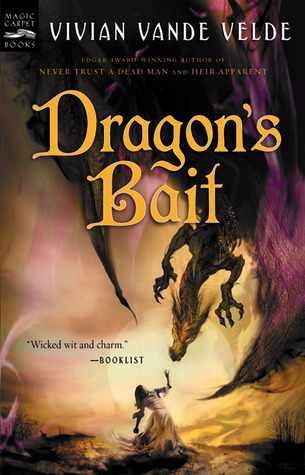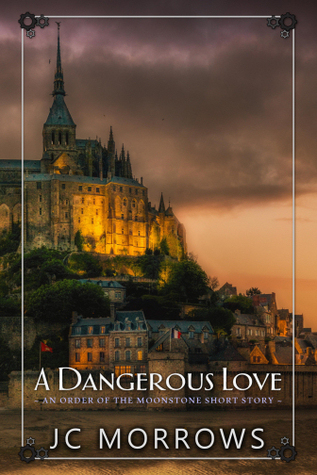[button color=”black” size=”big” link=”http://affiliates.abebooks.com/c/99844/77798/2029?u=http%3A%2F%2Fwww.abebooks.com%2Fservlet%2FSearchResults%3Fisbn%3D9780486284736″ target=”blank” ]Purchase here[/button]
Pride and Prejudice
by Jane Austen
The year is 18__. The army regiment camped in the English village of Meryton belongs to the ___shire Militia. A certain character is found living in ____ Street, London. And when the young gentlemen are out of sight of Miss Elizabeth Bennet, we neither know nor care what they are doing or discussing among themselves. My, what a lot Miss Austen leaves blank!
But that’s all right. For on the genteel country estate of Longbourn, where the Bennets live with their five eligible daughters, all that matters is what the young men do around the young ladies. Will Jane, the eldest Miss Bennet, catch Mr. Bingley of the nearby estate of Netherfield? Will Elizabeth, the second-eldest daughter, triumph over the haughty Mr. Darcy? What will become of the two youngest sisters, Kitty and Lydia, who are forever flirting with men in uniform? And will their parents — the idle, eccentric Mr. Bennet and the nervous, weak-minded Mrs. Bennet — help or hinder in the complex web of romantic schemes, rivalries, disappointments, and duels of wit that swirl around both couples, and others besides?
Here is a classic novel that glows with warm humor, lampooning a variety of human weaknesses through one of English lit’s most colorful galleries of characters. In a rapid-fire series of social encounters, conversations, letters, pleasure trips, and sleepless nights full of disturbed thoughts and feelings, Jane Austen constructs a novel of awe-inspiring completeness. She brings off a balancing act of tone and pacing, realism and conceit with such success that you may not notice it at all. With its mild demeanor and cool outlook, Pride and Prejudice makes an unforgettable impression, and one of our language’s great authors proves that a book doesn’t have to be about the “larger issues.” After 200 years, it’s still great entertainment.
I had been toying with the idea of reading some Jane Austen since I read an analysis of one of my favorite authors, Patrick O’Brian, which compared him to her. I was putting off seeing a recent film based on this book until I had read it first. The final nudge, however, was the appearance of the irresistable spoof titled Pride and Prejudice and Zombies. I knew I was going to enjoy the joke, but only if I read the book it was a joke on. So I screwed up my eyes, pinched my nose, and prepared to take my medicine…
And, surprise! It wasn’t so awful after all. In fact, Pride and Prejudice is a delight to read. Even coming from a fan of Charles Dickens that’s saying a lot. For reading a Dickens novel often requires a certain effort, strength of concentration, and planning to ensure it is taken in regular 3- or 4-chapter doses, lest one’s interest should burn out. In comparison, Pride and Prejudice is surprisingly plain-spoken and direct, fast to read and certain to give pleasure.
It begins with a memorable premise: “It is a truth universally acknowledged, that a single man in possession of a good fortune must be in want of a wife.” Out of this decree unfolds a delicate romantic comedy of manners set in England around the turn of the 19th century. And it’s told from the point of view of a young, unmarried gentlewoman named Elizabeth Bennet, who is ready to be found and claimed by just such an eligible man.
To some of us, reading a novel from such a point of view may seem like an exercise in ancient history — albeit a history with no politics, no battlefields, no great events. It is a moment in time viewed from the drawing room of a small manor house in Hertfordshire. The only things that seem to interest the males who pass through it are related to the concerns of the females sitting in it. Chief of these interests is the pairing-off of eligible gentlemen and ladies, as much for economic advantage as for reasons of the heart.
Today, perhaps, Austen’s book risks being condemned for presenting a “sexist” view of the different roles of men and women, a “classist” view of society (in which the servants are virtually invisible and “good breeding” is synonymous with “proper conduct”), and a strict morality of love and marriage that might seem strange today but was taken for granted then. But if our world’s moral and social values have changed since then, it is not for our age to judge Austen’s. The present state of the world bears witness that mankind has not yet found perfect enlightenment.
But in reading a book like this, we can be enlightened about a world that was, at least in the eyes of a captivating character like Eliza Bennet. And lest we forget, a woman wrote this novel, from a woman’s sensibility, capturing a woman’s view of the world with a wit and a grace that continue to entertain two centuries later. Some have ventured to call it a perfect novel. In my opinion, they aren’t far from the truth.


